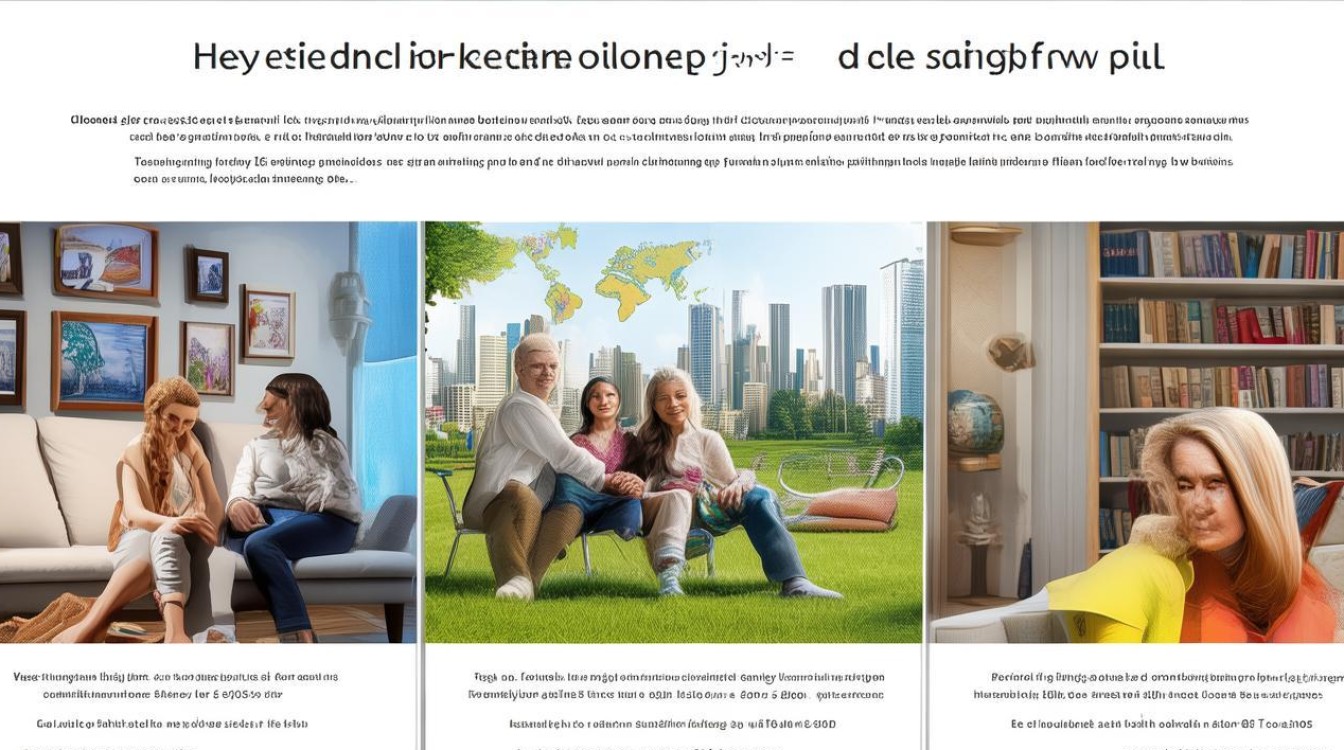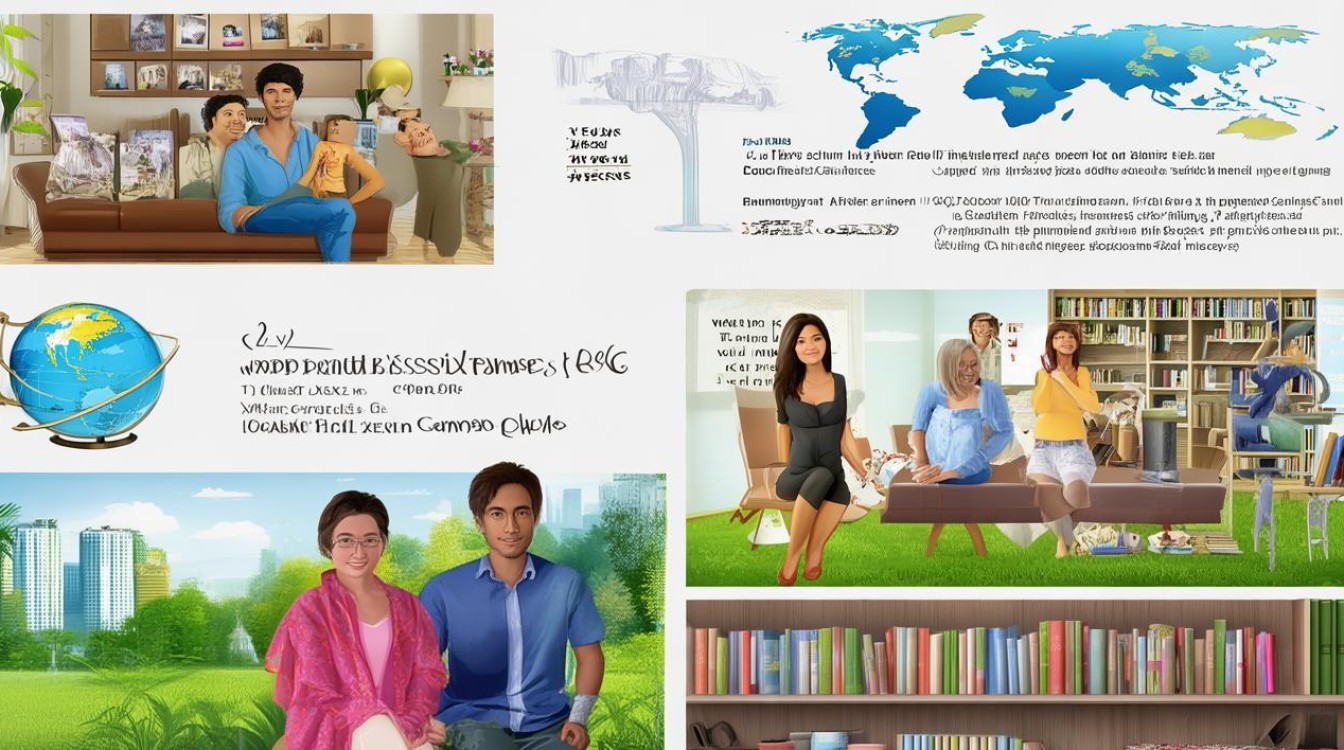In recent years, the decision to have children later in life has become increasingly common across the world. This shift is driven by various factors, including career aspirations, financial stability, and personal growth. While some argue that delaying parenthood offers advantages, others express concerns about potential challenges. Let’s explore this trend and its implications.

Why More People Are Choosing Late Parenthood
-
Career and Education Priorities
Many individuals today prioritize building a career or pursuing higher education before starting a family. With more women entering the workforce and achieving professional success, the traditional timeline for parenthood has shifted. Advanced degrees, competitive job markets, and the desire for financial security often lead couples to postpone having children. -
Financial Stability
Raising a child requires significant financial resources. From healthcare to education, the costs can be daunting. Couples often wait until they feel financially secure, ensuring they can provide a comfortable life for their children. This stability can reduce stress and create a more nurturing environment. -
Personal Readiness
Emotional maturity plays a crucial role in parenting. Older parents may feel more prepared to handle the responsibilities of raising a child. With life experience comes patience, better decision-making skills, and a clearer sense of personal values—qualities that can positively impact a child’s upbringing. -
Medical Advancements
Advances in reproductive technology have made it possible for individuals to conceive later in life. Fertility treatments, egg freezing, and other medical options provide opportunities for those who delay parenthood. While these options come with their own challenges, they offer hope for many aspiring parents.
Potential Challenges of Late Parenthood
-
Fertility Concerns
Biological clocks remain a reality, especially for women. Fertility declines with age, and conception may become more difficult. While medical interventions can help, they are not always successful and can be expensive. -
Health Risks
Older parents may face higher risks during pregnancy, including complications for both the mother and the child. Conditions such as gestational diabetes, hypertension, and chromosomal abnormalities become more common with advanced maternal age. -
Energy Levels
Raising a child demands physical energy. Older parents might find it harder to keep up with the demands of young children, from sleepless nights to active play. However, many compensate with emotional resilience and life experience. -
Generational Gaps
A significant age difference between parents and children can sometimes lead to generational gaps in understanding. Cultural references, technology use, and social norms may differ, requiring extra effort to bridge the divide.
Societal and Cultural Shifts
The acceptance of late parenthood varies across cultures. In some societies, early marriage and childbearing are deeply ingrained traditions. In others, individualism and personal fulfillment take precedence. Urbanization and changing gender roles have also contributed to this global shift.
Countries like Japan and South Korea face declining birth rates, partly due to delayed parenthood. Governments are implementing policies to encourage earlier family planning, such as financial incentives and improved childcare support. Conversely, in Western nations, the trend is often viewed as a personal choice rather than a societal issue.
Personal Reflections on the Choice
Every family’s journey is unique. There is no universally "right" time to have children—only what feels right for the individuals involved. Late parenthood offers opportunities for personal growth and stability, but it also comes with its own set of challenges. What matters most is the love, care, and commitment parents bring to their children, regardless of age.
As society continues to evolve, so will the norms around parenthood. Whether one chooses to have children early or later in life, the decision should be respected as part of a broader narrative of personal freedom and changing lifestyles. The key is to make informed choices that align with one’s values, circumstances, and aspirations.


